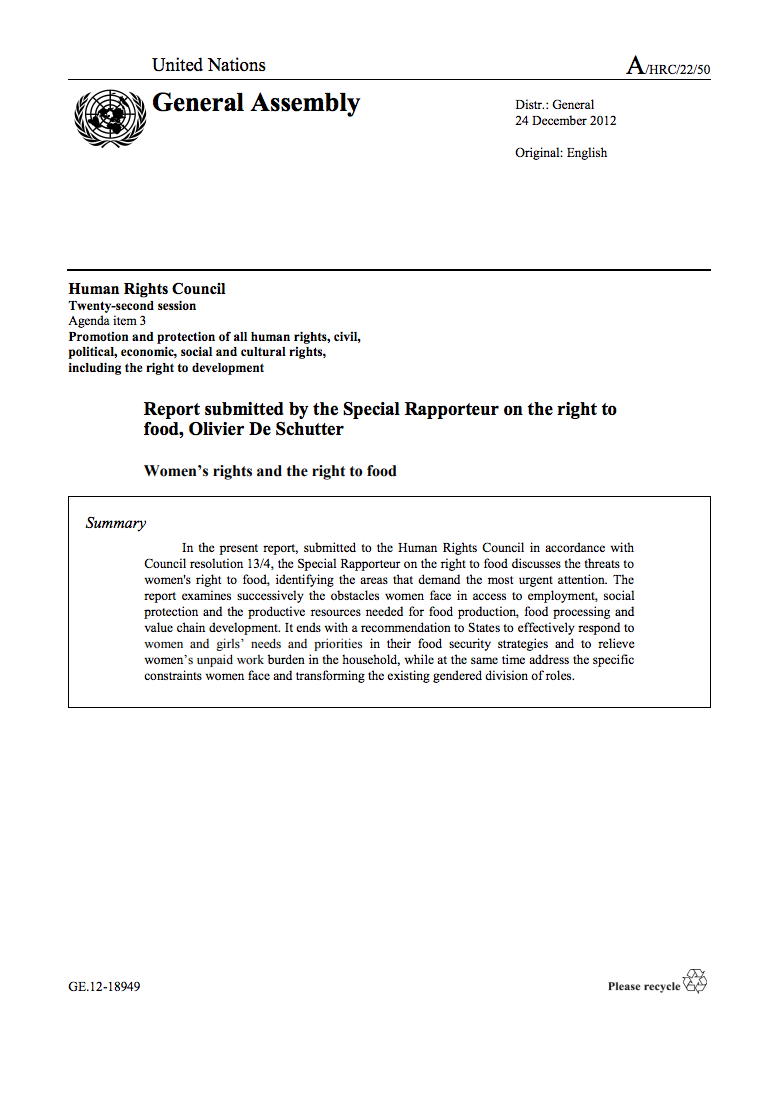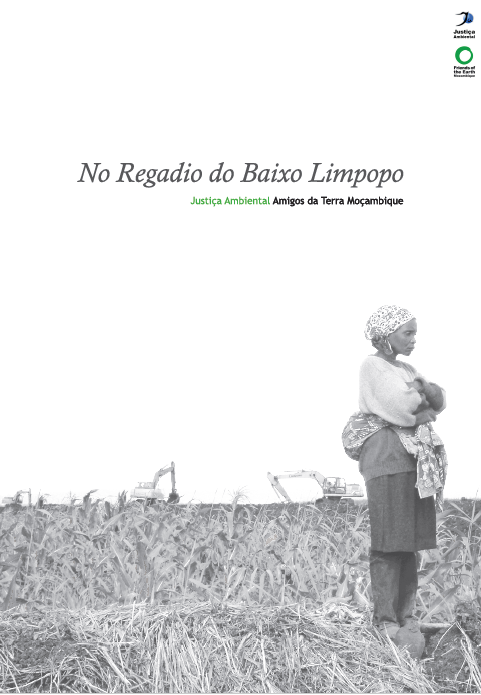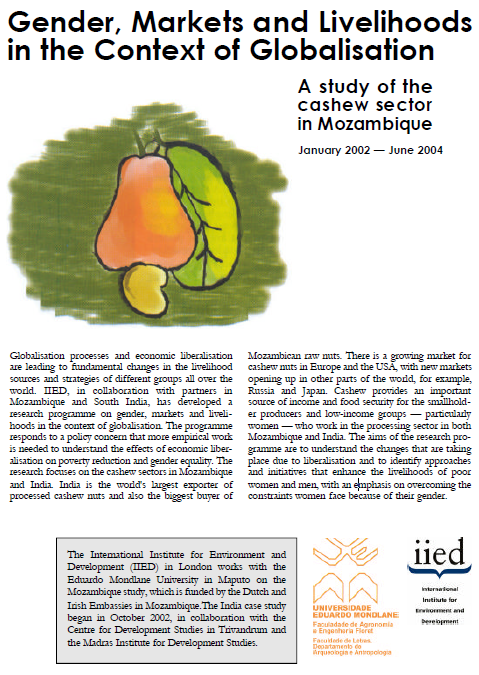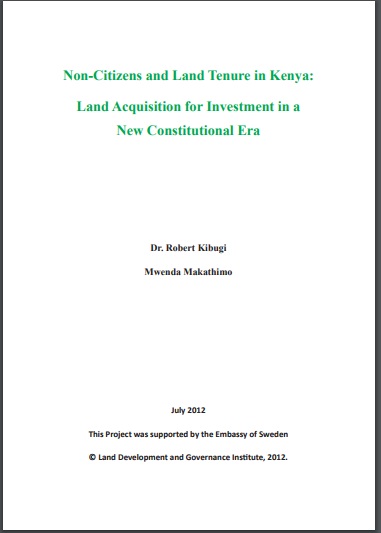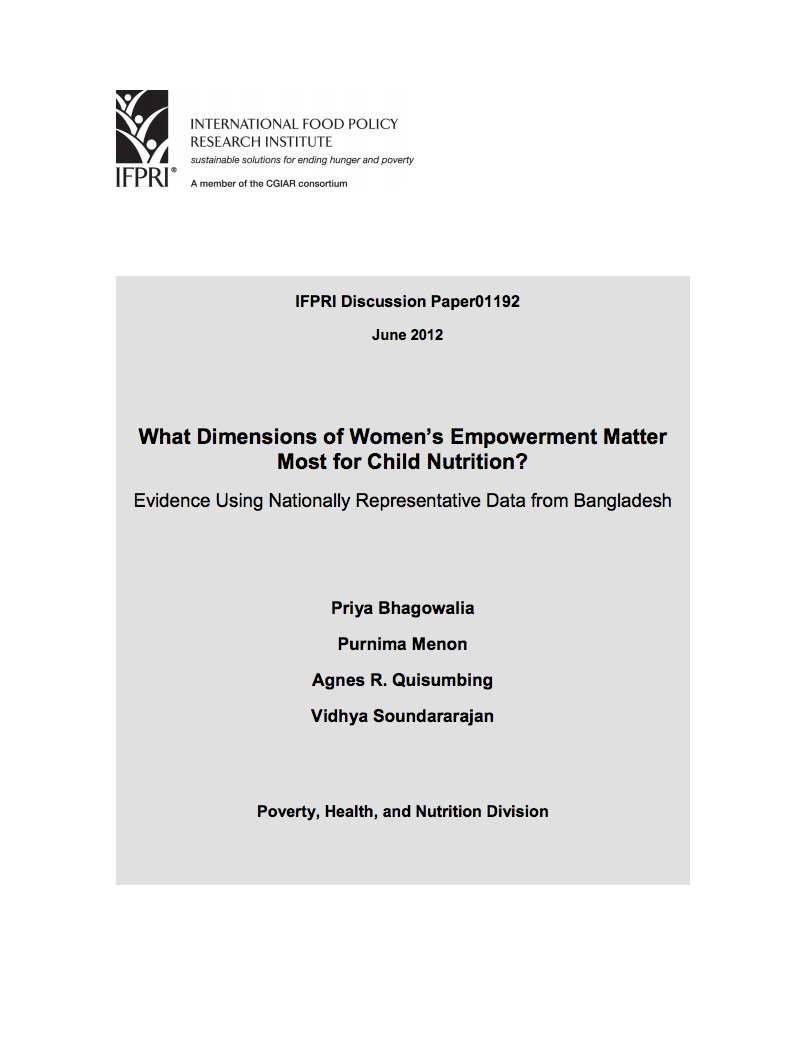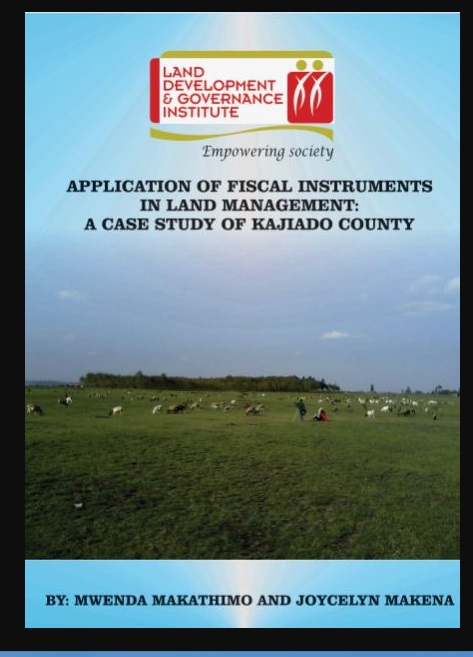Women’s Rights and the Right to Food
In the present report, submitted to the Human Rights Council in accordance with Council resolution 13/4, the Special Rapporteur on the right to food discusses the threats to women's right to food, identifying the areas that demand the most urgent attention. The report examines successively the obstacles women face in access to employment, social protection and the productive resources needed for food production, food processing and value chain development.

